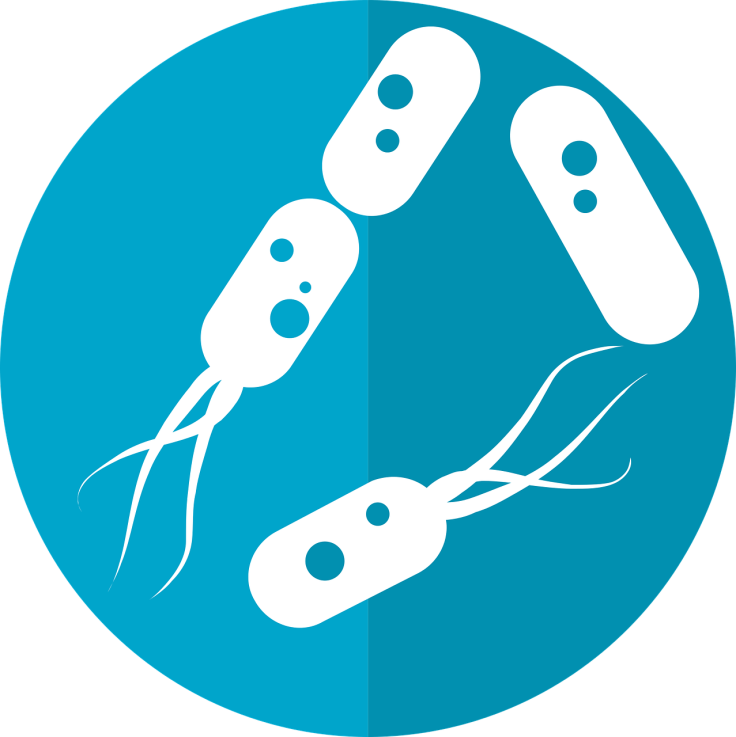Eliminating 'Bad' Gut Bacteria Can Lower Cholesterol Levels And Reverse Arterial Plaques: Study

KEY POINTS
- Nearly 610,000 people die of heart diseases every year in the U.S.
- Atherosclerosis (plaque build-up in the arteries) is the leading cause of heart diseases
- Study: Altering gut microbiome could reduce cholesterol levels and reverse atherosclerosis
Scientists have developed molecules that can remodel the gut microbiome (bacterial population of intestines) to a healthier state and demonstrated that doing so can not only help lower the blood cholesterol levels but also inhibit atherosclerosis.
The experts at Scripps Research created a set of molecules called peptides that can decelerate the growth of less-desirable species of gut bacteria. In mice models that develop hypercholesterolemia and atherosclerosis due to the consumption of a high-fat diet, the peptides beneficially shifted the balance of species in the gut microbiome.
The shift of gut microbiome to reduce the bad bacteria dramatically reduced the blood cholesterol levels, as well as the buildup of fatty deposits in arteries, reported the new study.
What is atherosclerosis?
It is a condition characterized by the buildup of fats, cholesterol, and other substances in the walls of the arteries that could result in restricted blood flow. The plaque formation could sometimes burst and trigger a blood clot. Although it is the leading cause of heart attacks, strokes, and peripheral vascular diseases, it can affect the arteries throughout the body too.
"It was surprising to us that simply remodeling the gut microbiome can have such an extensive effect," MedicalXpress quoted the study’s co-senior author Reza Ghadiri, Ph.D., a professor in the Department of Chemistry at Scripps Research.
How does the gut microbiome influence health?
The gut microbiome, which comprises of hundreds of bacterial species evolved long ago as a part of fundamental symbiosis. They need a place to survive, eat and in return, they also assist their host by aiding digestion.
In the past two decades, scientists who have been studying these symbiotic bacteria believe that these bacteria not only help digest food but also play a crucial role in other bodily functions including metabolism and immunity.
They have learned that symbiosis can negatively influence human hosts. When people overuse antibiotics or indulge in diets that contain enormous amounts of carbs, fats, and sugar, the gut microbiome could get altered in ways that could be harmful to the human body.
The researchers have been working on a method that involves delivering tiny molecules that decelerate or destroy the bad gut bacteria without disturbing the good bacteria. Using these tiny molecules called ‘cyclic peptides’ is their approach to preventing the ill effects of these bad bacteria.
"Our cells naturally use a diverse collection of molecules including antimicrobial peptides to regulate our gut microbe populations," MedicalXpress quoted the study’s co-senior author Luke Leman, Ph.D., an assistant professor in the Department of Chemistry at Scripps Research.
© Copyright IBTimes 2025. All rights reserved.






















